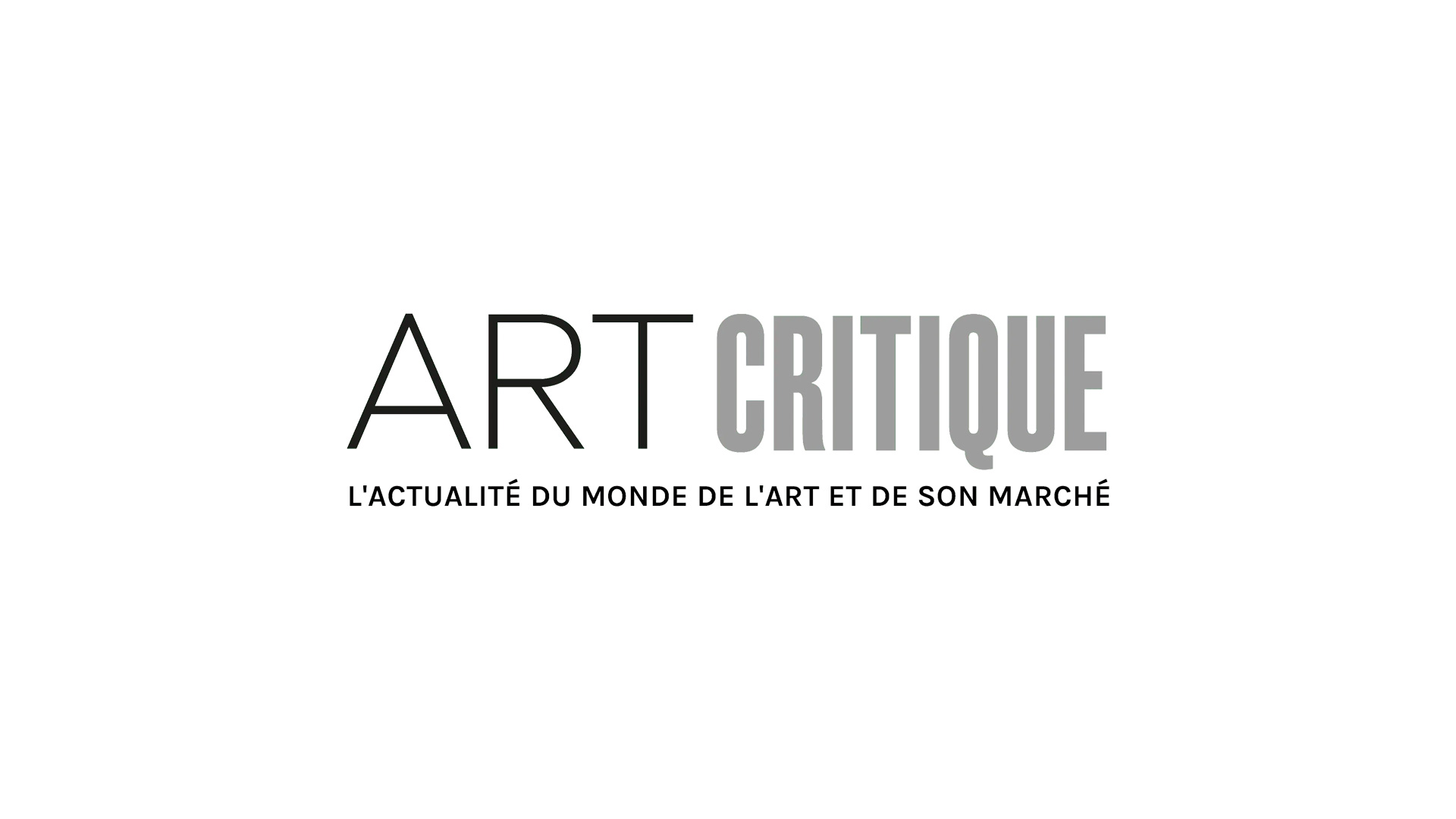Despite attempts by Mexico to halt an auction of pre-Columbian artefacts, the sale by Alexandre Millon went ahead on September 18th at Drouot in Paris. The artefacts that have caused a stir were presented for sale by collectors Manichak and Jean Aurance and as late as Tuesday, Central American countries were calling for the return of a number of the items.
Calls for the return of works were amplified in the week leading up to the auction when Guatemala announced that Lot 55, a Mayan relief depicting a head of a king clad in a bird of prey mask that was expected to bring in around €30,000, was withdrawn from the auction due to demands of repatriation. This announcement came after Guatemala presented evidence on August 1st supporting that the relief may have been taken illegally in the 1960s before it was later sold to the Aurances at a Los Angeles gallery. Talks to return the artefact to Guatemala are reportedly underway and the Aurances could potentially seek an indemnity according to Millon.
After that announcement, Mexico responded to the auction publicly and more boldly than it has before in relation to auctions of pre-Columbian artefacts. On September 17th, Juan Manuel Gómez-Robledo, Mexico’s ambassador to France, stated that Mexico was calling for the cancellation of the entire sale. Furthering the point, Gómez-Robledo said that Mexico had also asked that 95 of the 122 lots be returned to the country and he claimed that as many as 24 of the lots in the sale could be fakes.
In the end, Millon went ahead with the sale as there was no formal legal action taken. According to The Art Newspaper, Millon said the event was nothing more than ‘opportunistic cultural nationalism.’ He continued saying ‘This kind of pressure is counter productive and can only encourage the black market.’ Millon also said that the sale of the works was ‘perfectly legitimate’ and that the Aurance’s were exemplary in their collection and how they went about selling the artefacts. ‘[The Mexican government] should use this auction to say “Look at this sale, it’s ones like these that we need” in an effort to stop other auctions which might not take the same precautions,’ continued Millon in Reuters.
These events come just a year after a report, commissioned by Emmanuel Macron, France’s president, was released that detailed how France should handle troves of artefacts from other places the country holds. Mexican officials are also concerned because other auction houses, including Sotheby’s and Christie’s, have resumed the sale of pre-Columbian works in France.
Despite all of this, the sale was a success with a 93% sale through rate. As a whole, the sale brought in €1.2 million while the Aurance collection generated €860,000 of that. In the end, though, the rocky road to figuring out how best to handle artefacts that have been scattered around the world remains just as difficult to navigate.





